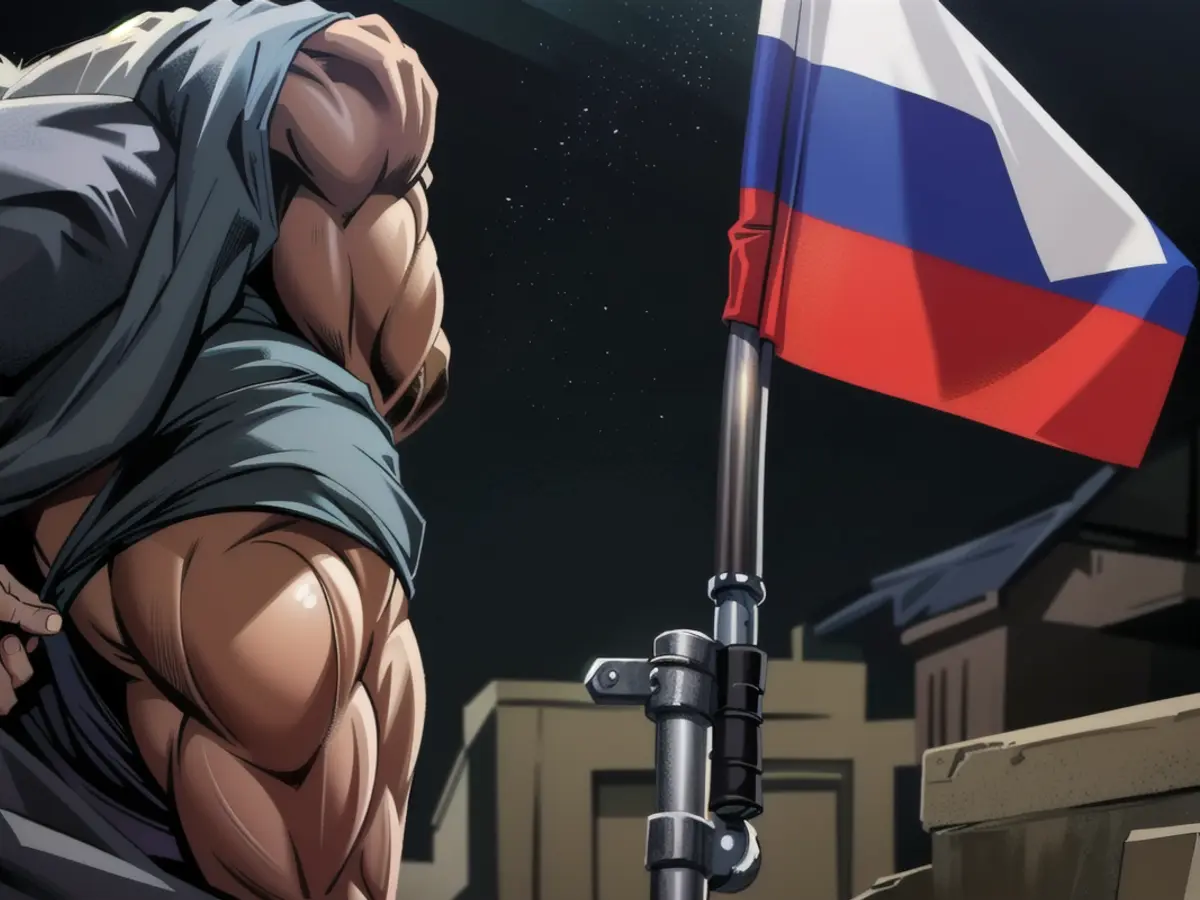Breaches of fundamental human freedoms. - The European Union has adopted a framework for imposing sanctions on Russia.
EU Foreign Ministers Agree on New Legal Framework for Punishing Russian Human Rights Violators
More than six months ago, the demise of Kremlin critic Alexei Navalny resulted in the foreign ministers of the 27 EU nations deciding to establish a new legal framework for penalizing severe human rights infringements in Russia. This framework allows for the imposition of penalties on individuals and organizations that stifle dissent in the nation. Several diplomats spoke with the German Press Agency on Monday about this development.
The new legislation will freeze the assets of these individuals within the EU and restrict their entry into the region. Informally, this new legal framework is known as the "Navalny sanctions regime" in Brussels. Diplomats expect that approximately 20 new names will be added to the sanctions list with this new law.
EU: Putin and His Cronies Bear Responsibility for Navalny's Death
Following Navalny's death, Europe imposed sanctions on 33 individuals from the realms of justice and politics using an existing sanctions tool. Symbolically, the two penal colonies where Navalny was imprisoned were also placed on the EU's sanctions list. Russia's prison system sentenced Navalny to a lengthy term, and he met his demise in a correctional facility in Siberia in mid-February. Germany and the other 26 EU countries hold President Vladimir Putin and the Russian government responsible for the death of the activist.
Agreement on additional sanctions has yet to be reached within the EU, with Russia's latest assault on Ukraine as the reason. For the first time, Russia's lucrative gas business, specifically liquefied natural gas (LNG), is set to be targeted. Officials say that the European Commission plans to forbid the utilization of ports like the one in Zeebrugge, Belgium for shipping Russian LNG to foreign countries. This would reduce Russia's transport capabilities, consequently lessening the quantity of LNG marketed and resulting in less money to fuel its aggression.
Read also:
- Year of climate records: extreme is the new normal
- Precautionary arrests show Islamist terror threat
- UN vote urges Israel to ceasefire
- SPD rules out budget resolution before the end of the year
- The EU's new legal framework for sanctions on Russia, often referred to as the "Navalny sanctions regime" in Brussels, aims to punish individuals and organizations responsible for stifling dissent in the country, following the death of Kremlin critic Alexei Navalny.
- The recent EU sanctions on Russia include 33 individuals from the justice and politics sectors, as well as the two penal colonies where Navalny was imprisoned, in response to his death and the violation of his fundamental human rights.
- As Europe continues to impose sanctions on Russia, diplomats are discussing the possibility of extending these measures to Russia's lucrative gas business, specifically liquefied natural gas (LNG).
- If the EU's plans to forbid the use of Belgian ports like Zeebrugge for shipping Russian LNG to foreign countries are implemented, it could significantly reduce Russia's transport capabilities and lessen its revenue from LNG sales, potentially impacting its ability to fund conflicts and wars.
- The EU Foreign Ministers agreed on a new legal framework for penalizing Russian human rights violators more than six months after Navalny's demise, showing a strong commitment to upholding human rights and democracy in Europe and beyond.
- The ongoing conflicts and human rights violations in Europe, including Russia's aggression towards Ukraine, continue to be a significant concern for the EU, leading to continued discussions about further sanctions and diplomatic measures to ensure peace and justice in Europe.
Source: www.stern.de








